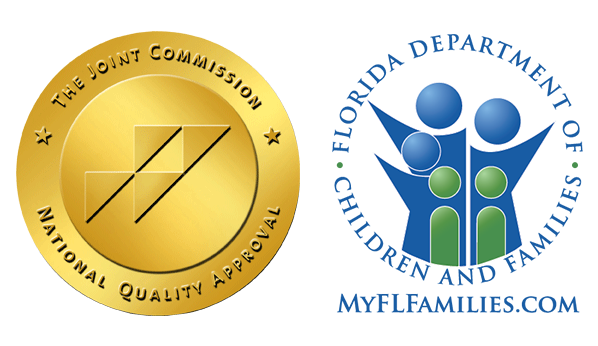Post-acute withdrawal syndrome, or PAWS as otherwise known, are symptoms that can be experienced months and even years after quitting drugs. Those who experience PAWS often describe them as extremely uncomfortable and frustrating. In some instances, these symptoms can make individuals in recovery feel like they want to give up altogether.
Fortunately, by understanding that many methods and strategies can make coping with PAWS much easier, you will soon realize that you are not alone. This will help you appreciate that you can manage the symptoms you experience, irrespective of how severe they may seem.
How Are PAWS Different From Common Withdrawal Symptoms?
Withdrawing from drugs or alcohol if you have become addicted can be extremely challenging as you may experience various unpleasant withdrawal symptoms. The intensity of withdrawal symptoms can be different for everyone and usually vary depending on:
- Underlying mental or physical health issues
- The length of the addiction
- Amount of the substance abused
- The type of substance abused
- Family history
Withdrawal symptoms can be difficult to deal with. Yet, for many people, acute symptoms are typically physical and alleviate within a few weeks. However, for some, psychological withdrawal symptoms may persist for months or years. This is known as PAWS.
Although PAWS impact each person differently, they can affect:
- Mood
- Behavior
- Emotional stability
PAWS can often be just as challenging, if not more, to overcome than physical withdrawal symptoms. For this very reason, understanding PAWS and taking advantage of some tips to overcome them is vital.
How Can I Overcome PAWS?
There are several ways that you can overcome PAWS. Below, we have shared just a few.
Avoid Triggers
If you are experiencing PAWS, one of the best things you can do is avoid any triggers that may cause you to relapse due to your vulnerable state and heightened sensitivity to triggers.
While it can be challenging to remove things from your life that could trigger you, doing so will optimize your recovery. Likewise, avoiding certain people or places may seem impossible. Still, it’s important to limit your interaction as best as you can if you are to increase your chance of long-term recovery.
Triggers can generally be divided between:
- Social triggers – These can include social events, people you used to take drugs or alcohol with, or people associated with drugs and alcohol, such as drug dealers.
- Environmental triggers – This could be a place, smell, or object that reminds you of abusing substances.
Have a Support System in Place
A support system is fundamental if you are going through PAWS because it will help you feel more in control, comforted, connected, and less isolated. Your support system could involve your close friends, family, or a sober support group. Groups such as Narcotics Anonymous (NA) or Alcoholics Anonymous (AA) will help you realize that you are not going through this alone.
Feeling isolated or experiencing a lack of connection can be detrimental if you have PAWS. This is because the adverse effects on your mental health will weigh on you as you will already feel vulnerable.
Establish a Daily Routine
Although it may not seem like it, establishing a daily routine will help you feel in control when PAWS leaves you feeling like you are losing control. It will also make you feel motivated and have a sense of structure. In turn, having a daily routine will stave off boredom, which often exacerbates PAWS symptoms.
Some healthy things to try adding to your daily routine could include:
- Meditation and mindfulness
- Cooking a healthy meal
- Going for a walk
- Doing some exercise
- Calling a loved one
- Being creative
- Listening to music
Talk to Someone
Like many others in recovery, you may feel apprehensive when it comes to sharing your worries or concerns with another person. However, talking to someone when you are going through PAWS can be cathartic. It can also help you to untangle what is going on in your head.
When the time comes for you to talk to someone, you could choose to speak to a therapist, who will be trained to give you practical advice or listen without judgment. It could also be helpful to talk to a loved one or a close friend or family member so they understand that you are struggling and can be there to support you.
To Conclude
PAWS is undeniably tough to experience. However, you need to remember that you can overcome this and lead a happy, healthy life. The key is to protect yourself and continue growing and gaining strength in your healing process to make PAWS easier to deal with.












